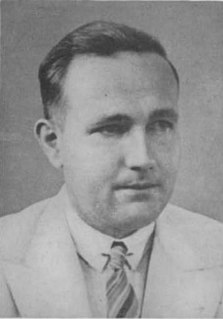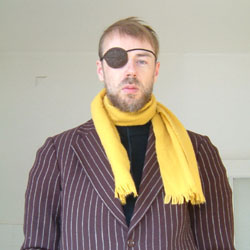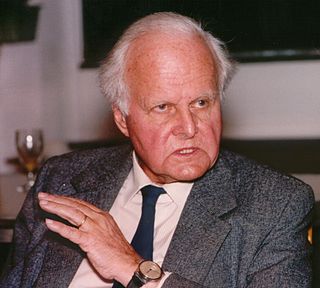A Quote by Amit Goswami
Quantum physics is the physics of possibilities. And not just material possibilities, but also possibilities of meaning, of feeling, and of intuiting. You choose everything you experience from these possibilities, so quantum physics is a way of understanding your life as one long series of choices that are in themselves the ultimate acts of creativity.
Related Quotes
What if consciousness is the ground of being? What if the possibilities discovered by quantum physics are the possibilities of consciousness itself? Remember there is already a class of people who think in this way. They are called mystics, and they say it is all God. Finally, a few scientists dared to say that some of the characteristics attributed to God are similar to what we describe as consciousness.
Science works because the phenomenon being described can be relied on to remain the same. Even in quantum physics, where phenomena are changed by observation, the way in which observation interferes is regular and falls within a limited range of possibilities. Human culture, however, has the nasty habit of never staying the same for very long.
We could tell them [alien civilization] things that we have discovered in the realm of mathematical physics, but there is stuff that I would like to know. There are some famous problems like how to bring gravitation and quantum physics together, the long-sought-after theory of quantum gravity. But it may be hard to understand the answer that comes back.
Quantum physics says that there is an infinite number of possibilities and parallels to the one that we know, and every event is also played out in a parallel world. It's kind of a crazy idea, but someone called Saibal Mitra at the University of Amsterdam says that if you could back up your memory in case of a catastrophic event, you could actually revert to that back-up and find an alternative world in which the Earth didn't explode or collide with Mars.


































